Samsung Galaxy S24 vs iPhone 15: the key differences
We pit the Samsung Galaxy S24 against the iPhone 15
Sign up for breaking news, reviews, opinion, top tech deals, and more.
You are now subscribed
Your newsletter sign-up was successful
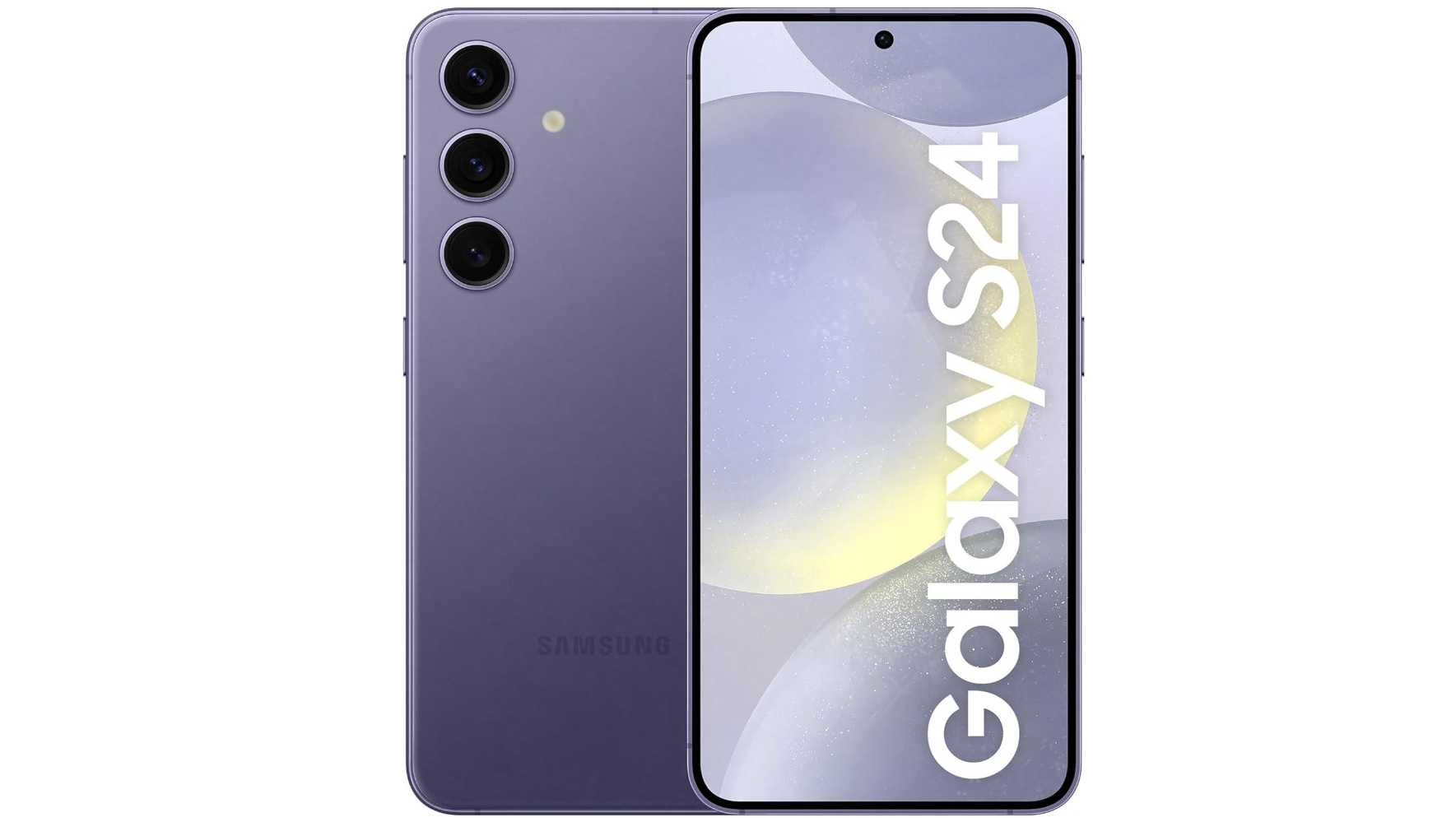
Weight: 167g
Dimensions: 147 x 70.6 x 7.6mm
Screen size: 6.2-inch
Resolution: 1080 x 2340
Chipset: Snapdragon 8 Gen 3 / Exynos 2400
RAM: 8GB
Storage: 128GB/256GB/512GB
Battery: 4,000mAh
Rear camera: 50MP+12MP+10MP
Front camera: 12MP
The Samsung Galaxy S24 has a bright, smooth screen, a versatile triple-lens camera, and all-round impressive specs, but its software could use some work.
Pros
- 120Hz refresh rate
- Versatile cameras
- Bright screen
Cons
- AI is a mix of cool and useless
- No massive upgrades
- Complicated software
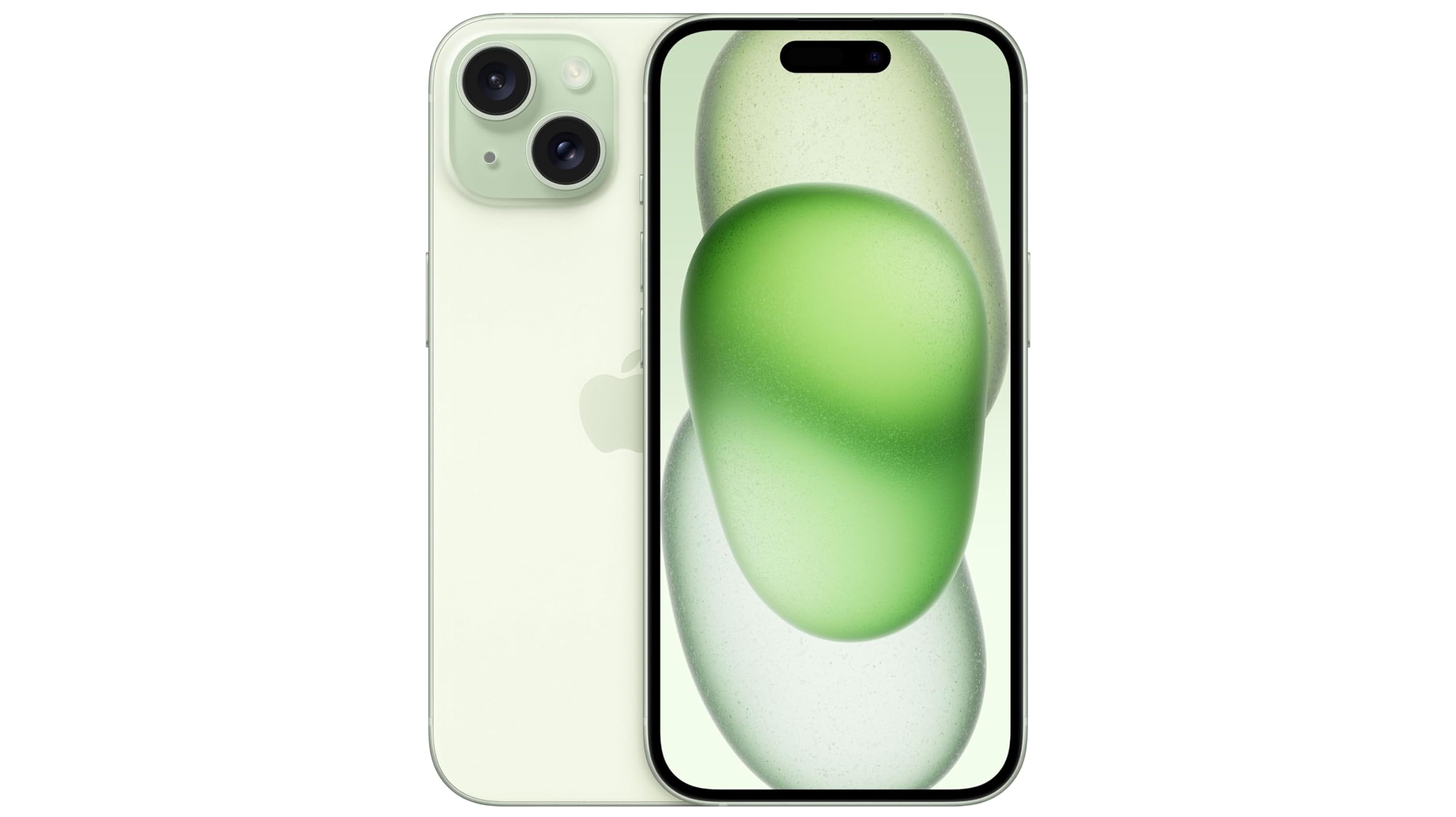
Weight: 171g
Dimensions: 147.6 x 71.6 x 7.8mm
Screen size: 6.1-inch
Resolution: 1179 x 2556
CPU: A16 Bionic
RAM: 6GB
Storage: 128GB/256GB/512GB
Battery: 3,349mAh
Rear camera: 48MP+12MP
Front camera: 12MP
The iPhone 15 has a useful albeit large Dynamic Island, and its software is more intuitive than Samsung's, but it also lacks the telephoto camera of the Samsung Galaxy S24 and has a far less impressive screen.
Pros
- Dynamic Island
- Slick software
- A16 Bionic chipset
Cons
- No zoom lens
- 60Hz refresh rate
- Can run a little hot
Samsung has now launched its Samsung Galaxy S24 phones, with a standard-sized Galaxy S24, a larger Samsung Galaxy S24 Plus and an uber-premium Samsung Galaxy S24 Ultra replacing the company’s excellent Samsung Galaxy S23 line.
As usual for Samsung, these are set to rank among the best Samsung phones ever made – perhaps even the best phones – and the standard Galaxy S24 has a fair few features in common with Apple’s latest standard model, the iPhone 15.
In this guide, then, we compare everything we know about the iPhone 15 against what we know about the Samsung Galaxy S24.
And for more on the S24 series, check out our full Samsung Galaxy S24 review, our hands-on Samsung Galaxy S24 Plus review, and our full Samsung Galaxy S24 Ultra review.
Samsung Galaxy S24 vs iPhone 15: Specs comparison
Here’s an at-a-glance look at the key specs boasted by both the Samsung Galaxy S24 and the iPhone 15.
| iPhone 15 | Samsung Galaxy S24 | |
|---|---|---|
| Dimensions: | 147.6 x 71.6 x 7.80mm | 147 x 70.6 x 7.6mm |
| Weight: | 171g | 167g |
| Display: | 6.1-inch Super XDR OLED | 6.2-inch Dynamic AMOLED |
| Resolution: | 1179 x 2556 pixels | 1080 x 2340 pixels |
| Refresh rate: | 60Hz | 1Hz-120Hz variable |
| Chipset: | A16 Bionic | Qualcomm Snapdragon 8 Gen 3 / Exynos 2400 |
| Rear cameras: | 48MP main (24mm, ƒ/1.78), 12MP ultra-wide (13mm, ƒ/2.2) | 50MP main (24mm, ƒ/1.8), 12MP ultra-wide (13mm, ƒ/2.2), 10MP telephoto (67mm, ƒ/2.4) |
| Front camera: | 12MP | 12MP |
| RAM: | 6GB | 8GB |
| Storage: | 128GB, 256GB, 512GB | 128GB, 256GB, 512GB |
Samsung Galaxy S24 vs iPhone 15: Price and availability
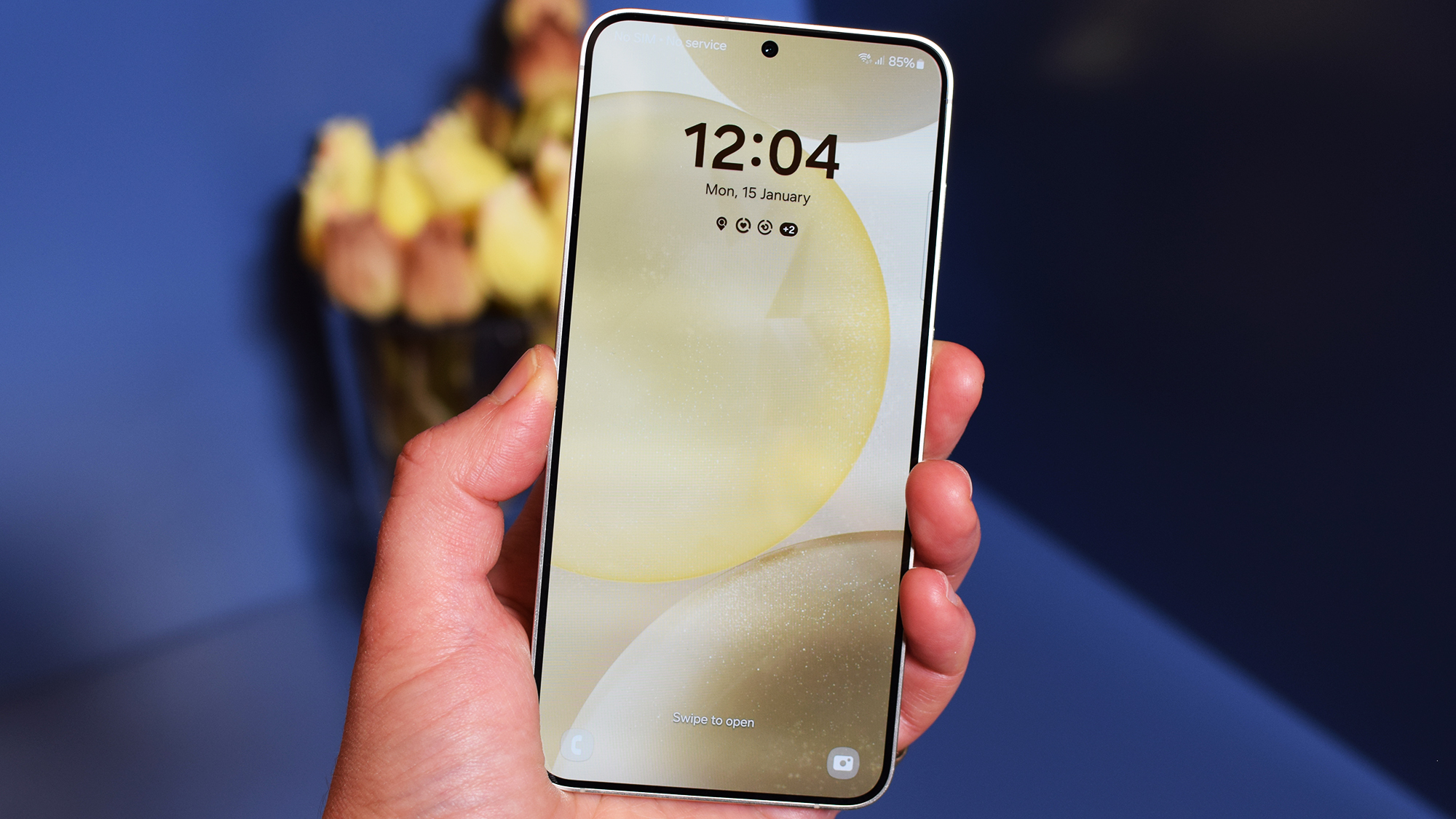
The iPhone 15 was officially unveiled on September 12, 2023, and went on sale on September 15 for the following prices: $799 / £799 / AU$1,499 for the 128GB model, $899 / £899 / AU$1,699 for the 256GB option, and $1,099 / £1,099 / AU$2,049 for the 512GB model.
The Samsung Galaxy S24 was announced on January 17 and the the phone started shipping on January 31, so it's out now. Check out our guide to the best Samsung Galaxy S24 deals if you're interested in buying it.
Sign up for breaking news, reviews, opinion, top tech deals, and more.
It costs $799.99 / £799 for a 128GB model, $859.99 / £859 / AU$1,399 for a 256GB model, and AU$1,599 for a 512GB model. There's no 128GB model in Australia, and no 512GB version in the US or UK.
So the Samsung Galaxy S24 starts at exactly the same price as the iPhone 15 in the US and the UK. It costs less in Australia though for a 256GB model (which is the starting size of the S24 there), and also less there for a 512GB one.
Samsung Galaxy S24 vs iPhone 15: Design and display
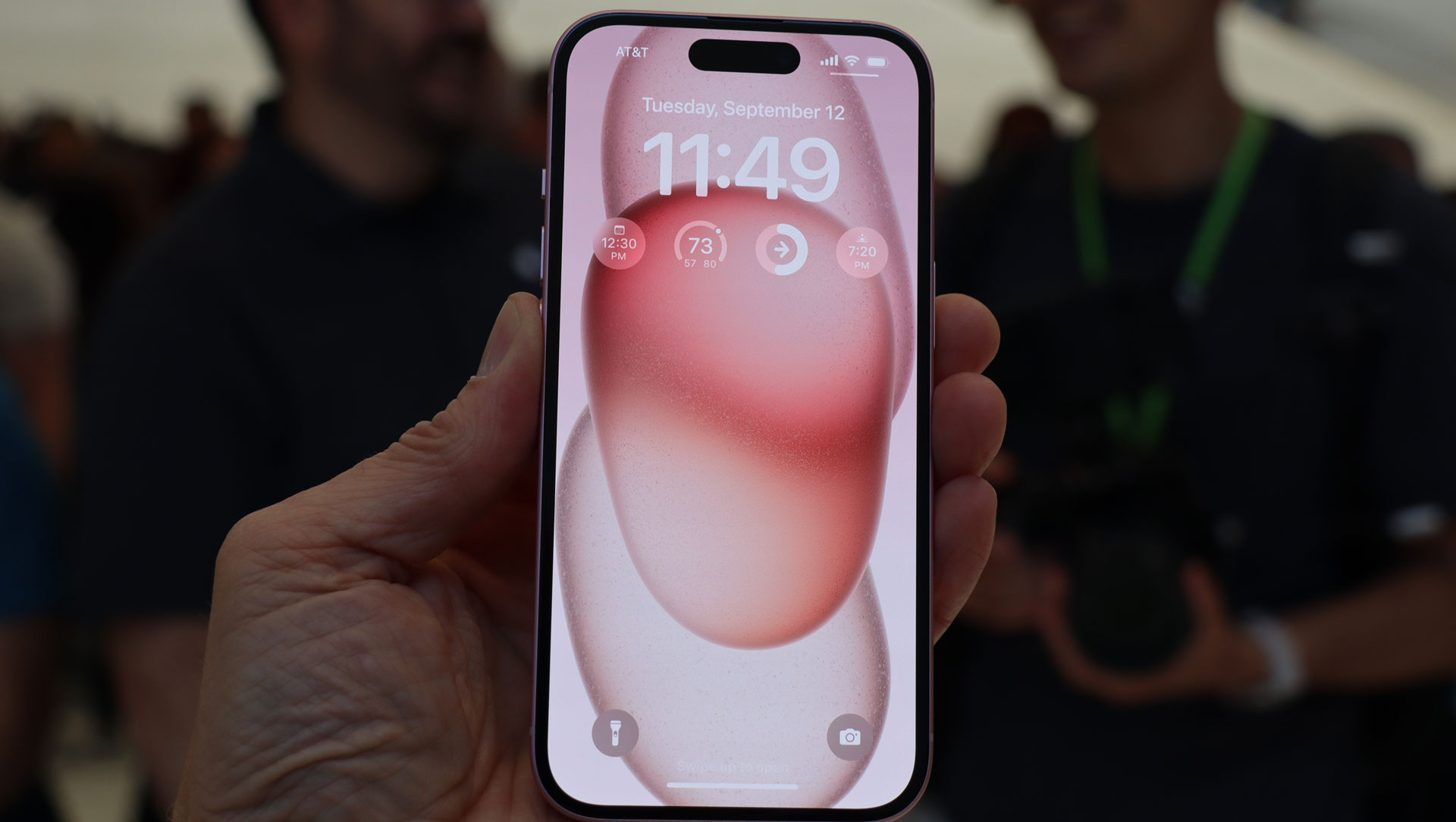
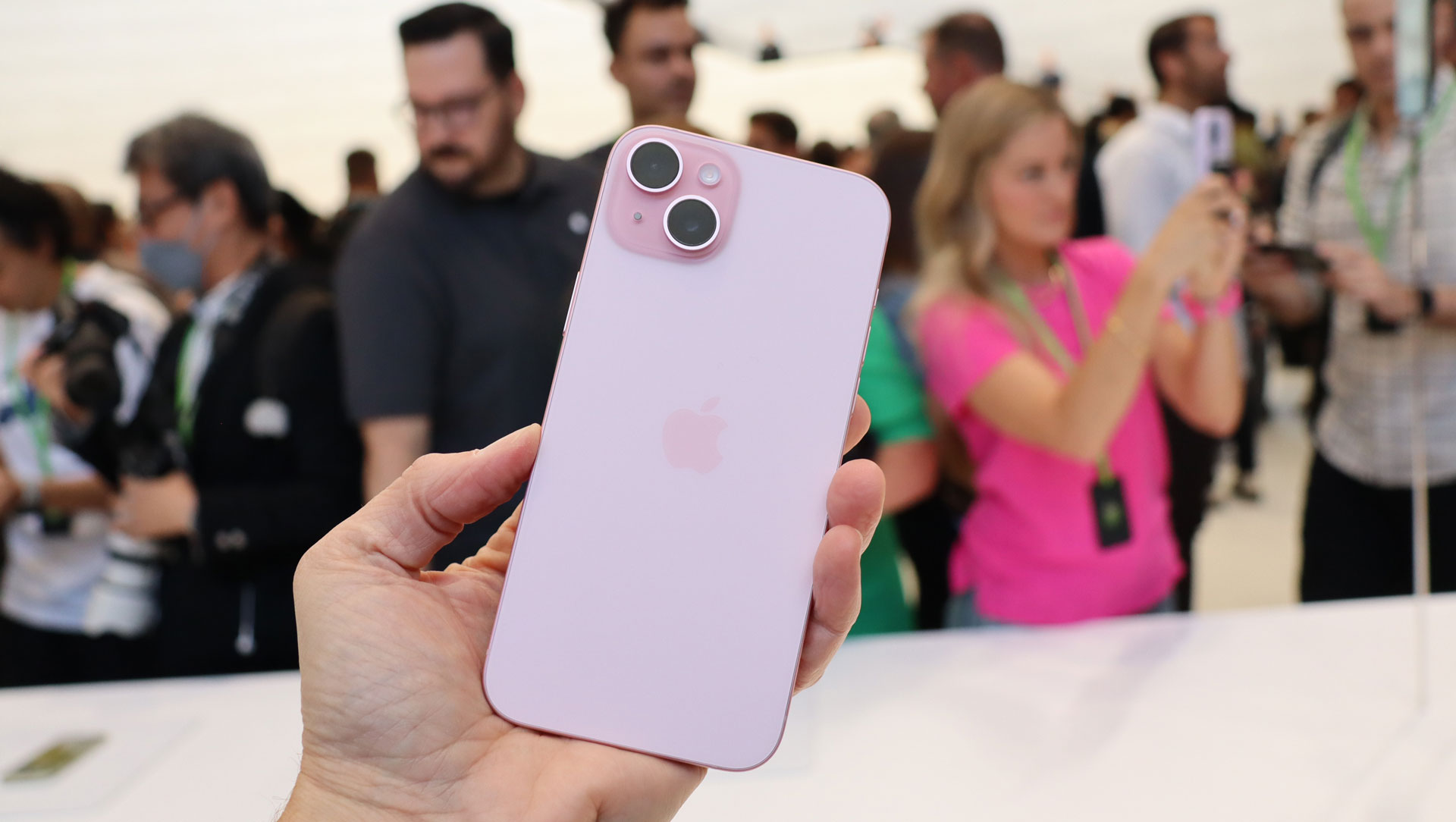
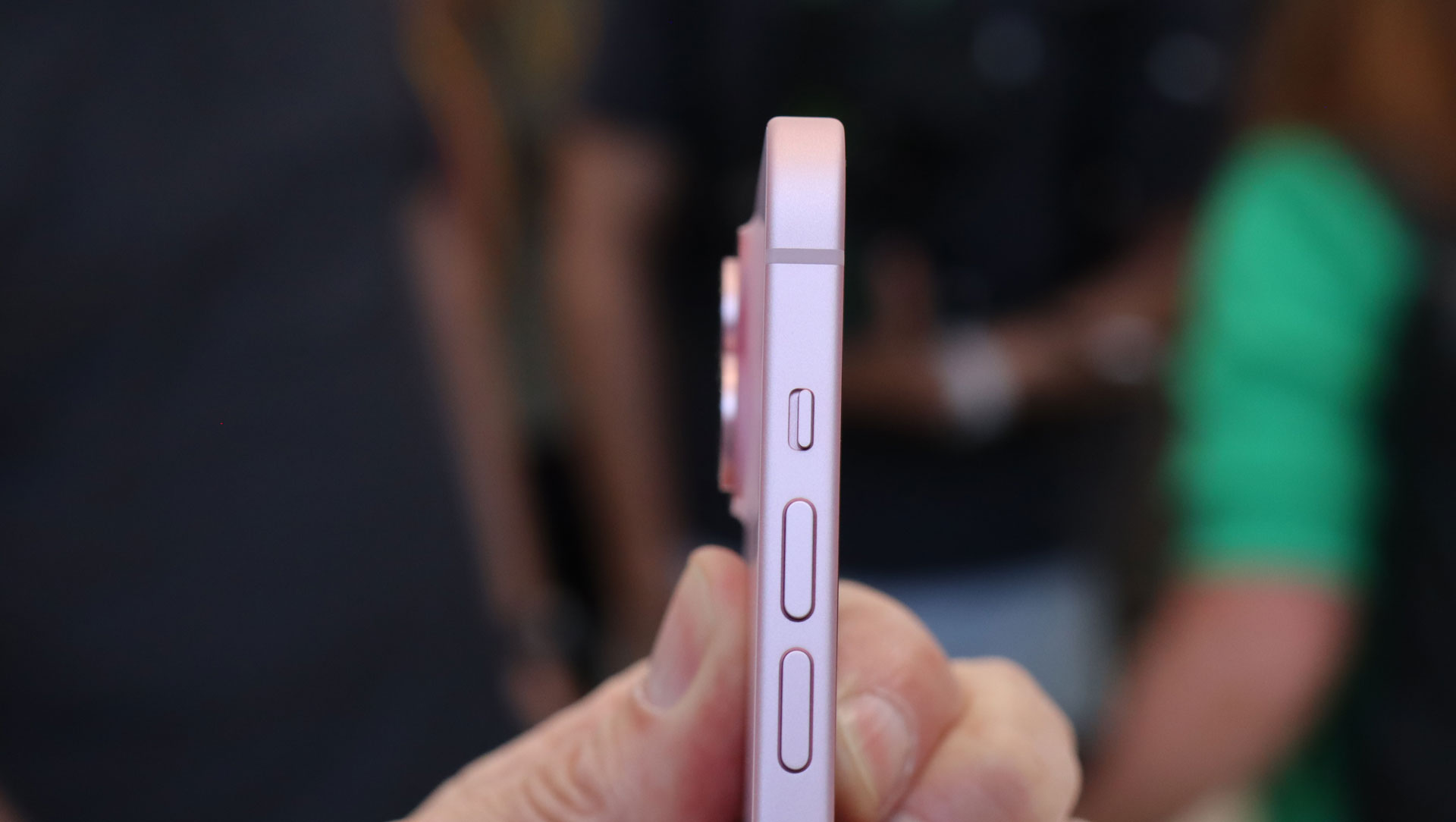
On the design front, the iPhone 15 looks a lot like Apple’s other recent iPhones, with the exception of its slightly curved edges and color-infused rear glass panel. It measures 147.6 x 71.6 x 7.8mm, weighs 171g, and comes in either black, blue, green, yellow or pink. There’s an IP68 rating, too, meaning it’s dust-proof and water-resistant, and the iPhone 15 also marks the first Apple smartphone to ship with a USB-C port instead of the company’s proprietary Lightning port.
The iPhone 15 boasts an excellent 6.1-inch Super Retina XDR display (which has an 1179 x 2556 pixel resolution), though its refresh rate is limited to a static 60Hz. The phone does, however, sport Apple’s Dynamic Island – first introduced on the iPhone 14 Pro and iPhone 14 Pro Max – which gives its display a more premium feel, as well as enhanced functionality.
The Samsung Galaxy S24 meanwhile has smaller bezels and flatter edges than its predecessor. It has a glass back, a metal frame, and a small punch-hole camera in the screen, while the rear cameras have a different arrangement to the iPhone's, with no significant housing around them.
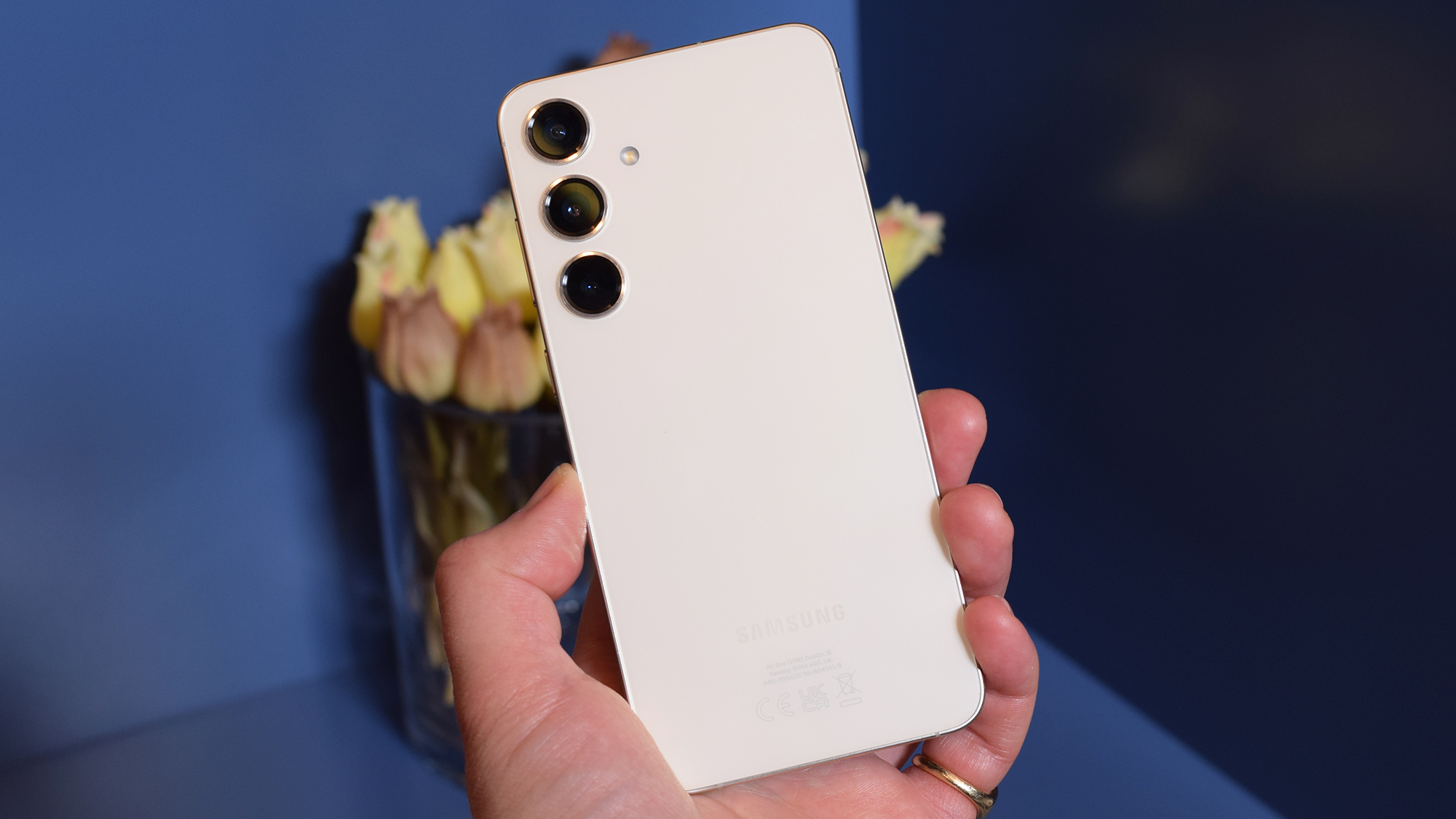
It also has an IP68 rating, like the iPhone 15, and it comes in at 147 x 70.6 x 7.6mm and 167g, so it's a similar size too. Like just about every Android phone this also has a USB-C port, and the Samsung Galaxy S24 colors include Onyx Black, Marble Grey, Cobalt Violet, Amber Yellow, Jade Green, Sandstone Orange, and Sapphire Blue.
As for the Samsung Galaxy S24's screen, it has a 6.2-inch AMOLED display (with 1080 x 2340 pixels) and a variable 1Hz to 120Hz refresh rate. That trumps the iPhone 15’s static 60Hz refresh rate, and the Samsung Galaxy S24's screen is brighter too, reaching up to 2,600 nits, compared to 2,000 nits from the iPhone 15.
We were as impressed by the Galaxy S24's screen in our review as we were on paper, noting that we had "no complaints about the sharp and very bright display."
Samsung Galaxy S24 vs iPhone 15: Cameras
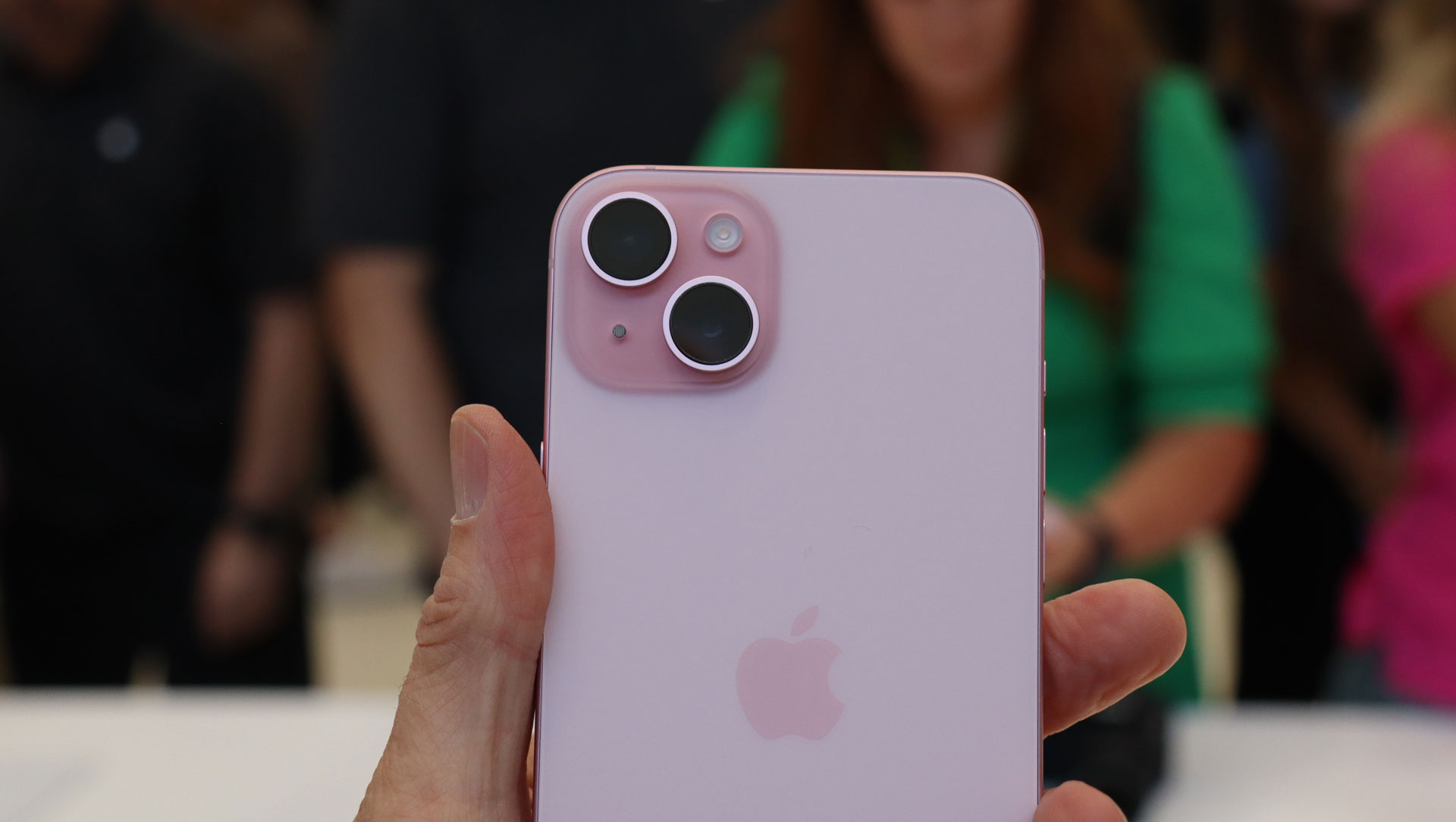
The iPhone 15 has a two-camera rear setup comprising a 48MP main lens (f/1.6) and a 12MP ultra-wide lens (f/2.4) with a 120-degree field of view. On the front, there’s a single TrueDepth 12MP lens (f/1.9).
As noted in our iPhone 15 review, this does not count the 2x optical zoom that’s actually part of the 48MP lens. The iPhone 15 takes the middle 12 pixels of the full frame to deliver an optically zoomed-in image.
This is more useful than it sounds, as it's a great way of getting closer to the action without moving closer and, unlike digitally zoomed photos, the quality of these 12MP images is, essentially, optical quality. It's really just a smart live crop.
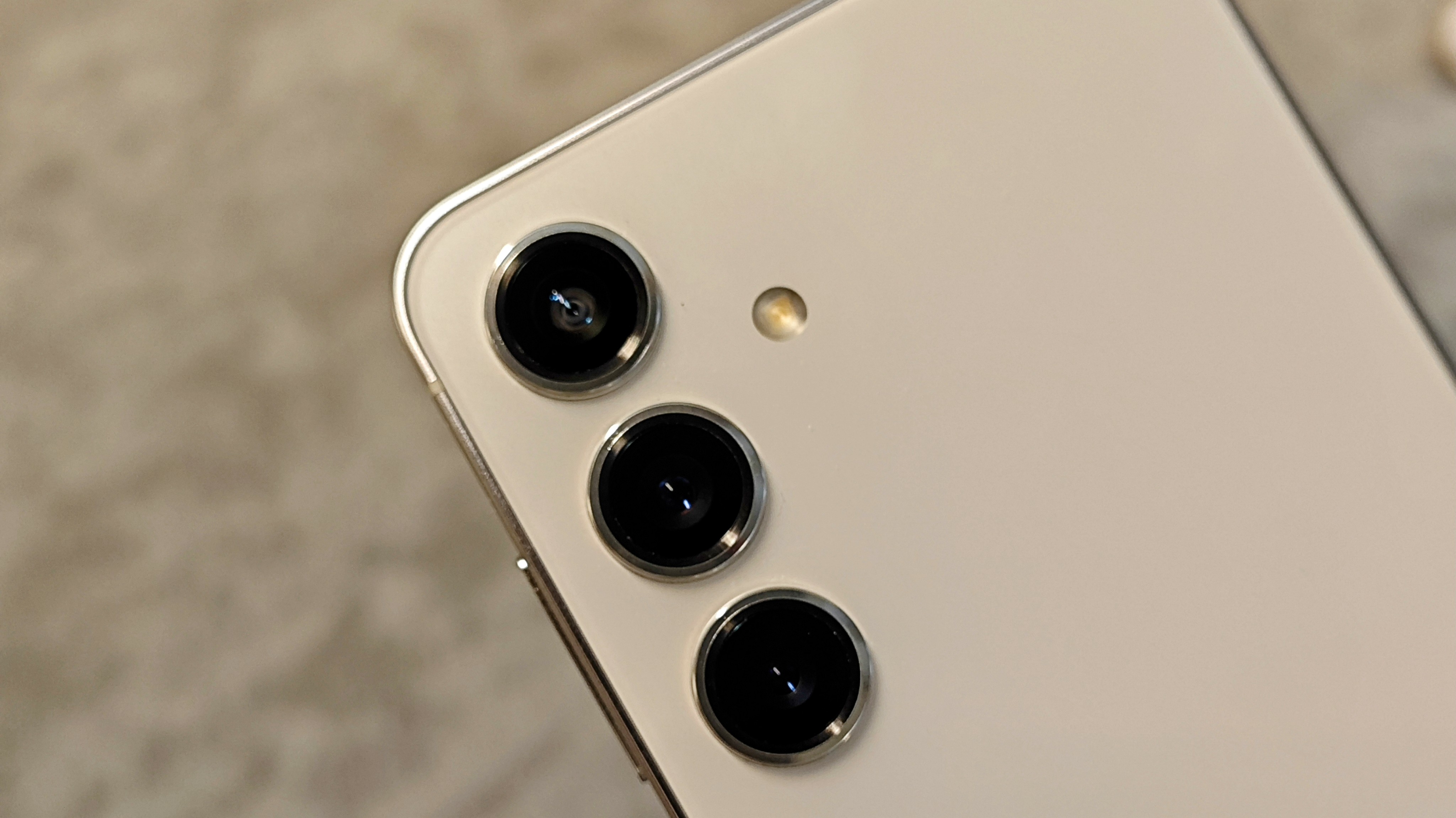
The Samsung Galaxy S24, by contrast, features a full-blown 10MP (ƒ/2.4) telephoto camera (with 3x optical zoom), along with a 50MP wide lens (ƒ/1.8) and a 12MP ultra-wide lens (ƒ/2.2) with a 120-degree field of view.
So the Samsung Galaxy S24 benefits from an extra camera, albeit not that much more versatility once you factor in the iPhone 15's 2x optical quality crop. Both phones also have 12MP selfie cameras, so there's no major difference there.
However, the Samsung Galaxy S24 does have more photography focused AI skills, with for example the ability to move people around in photos, or remove them entirely, and extend the backgrounds of images. We had mixed results with these though, concluding in our Galaxy S24 review that the AI tools are "a mix of cool and useless."
iPhone 15 camera samples
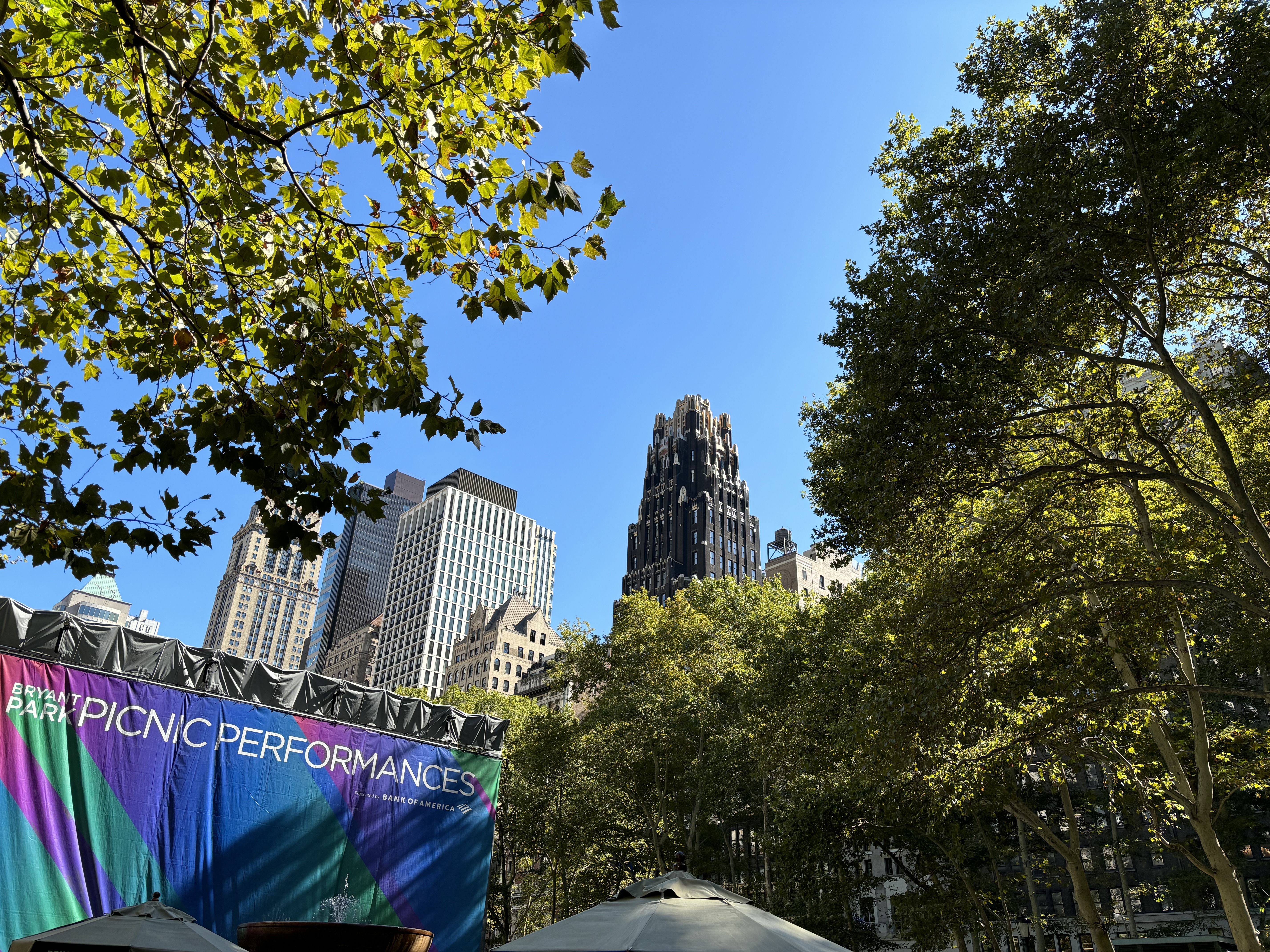


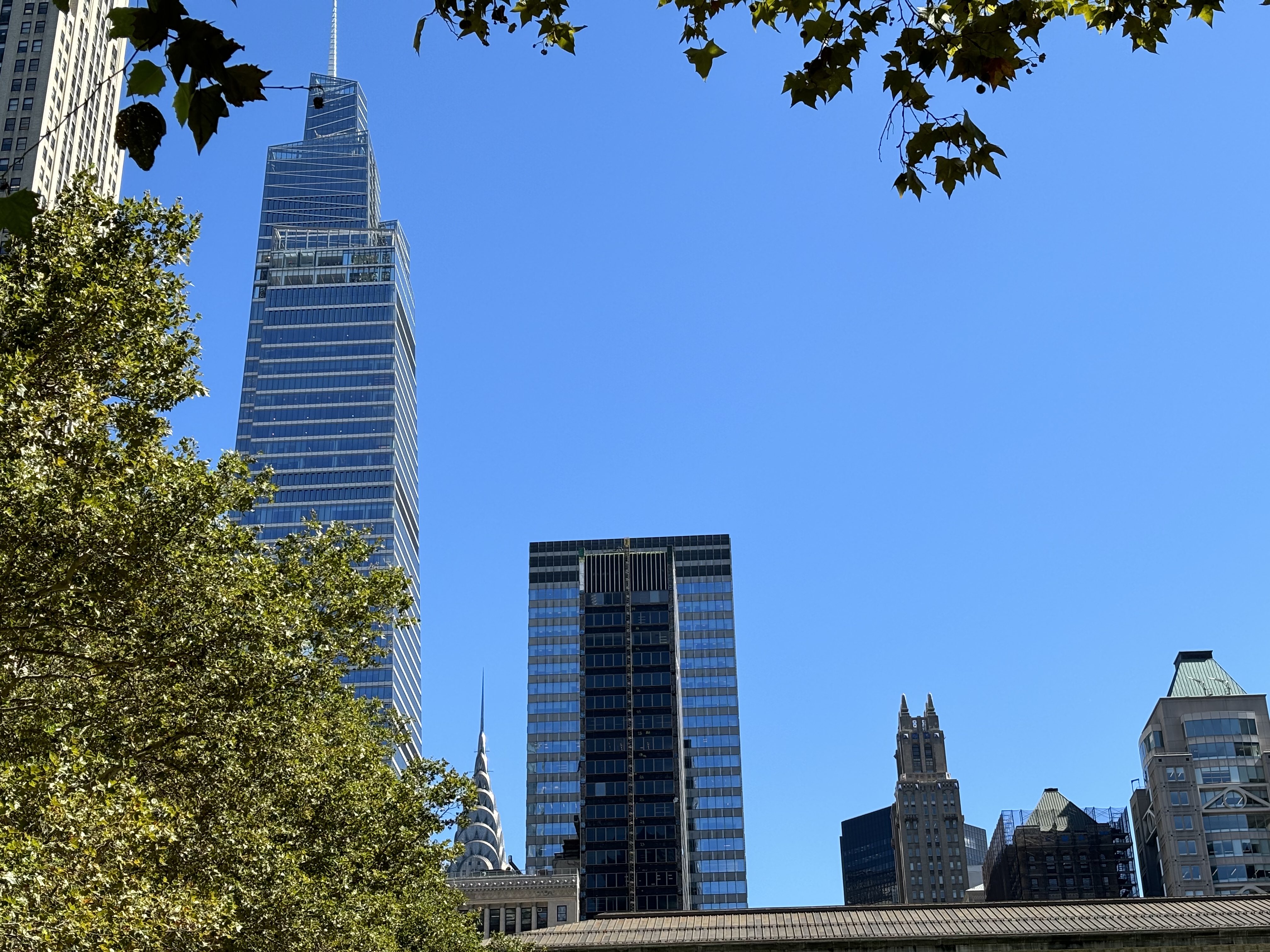





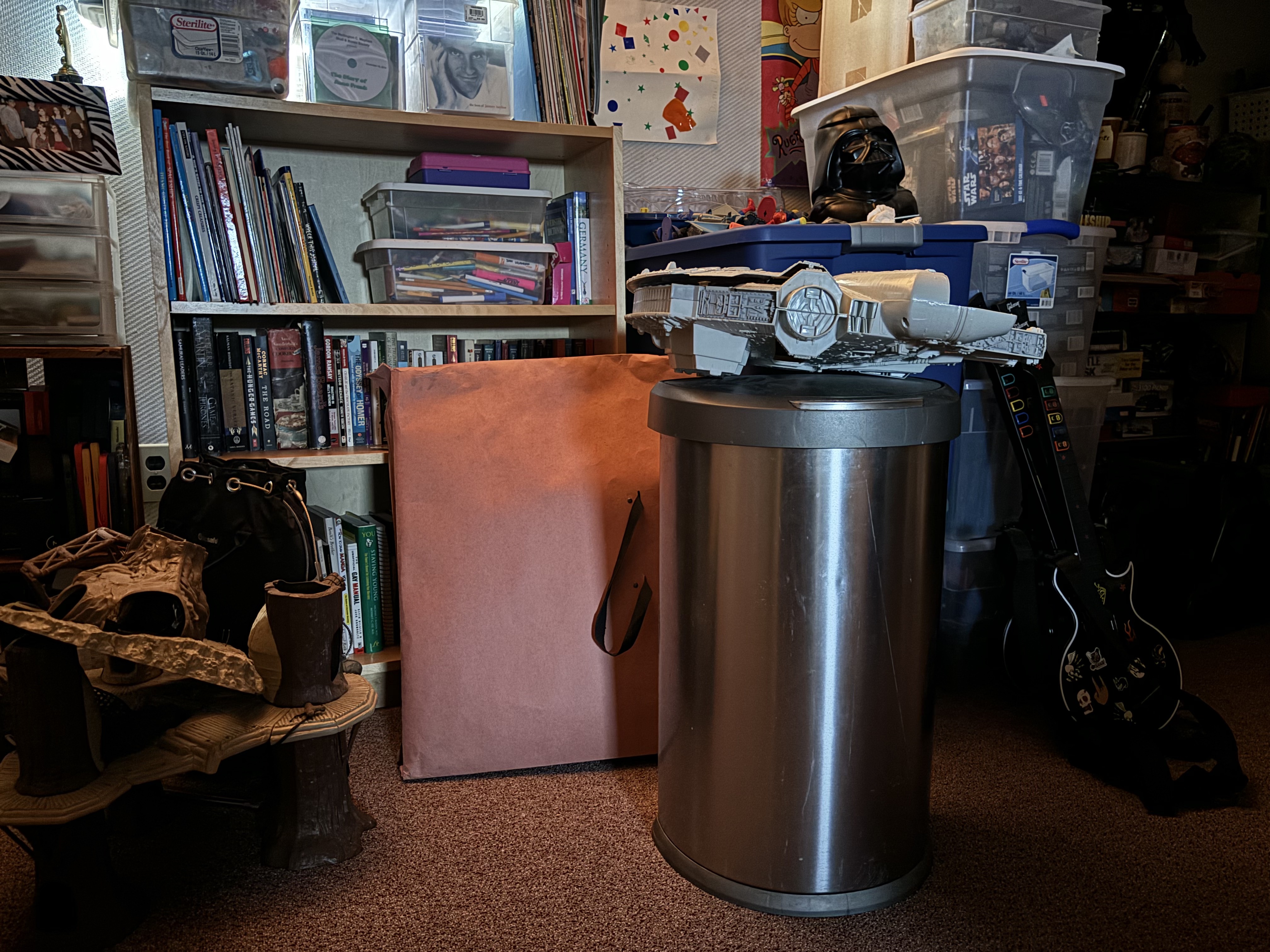
Samsung Galaxy S24 vs iPhone 15: Performance
Apple’s iPhone 15 is powered by what was, for us, 2022’s best mobile chipset, the A16 Bionic, which features a 6-core CPU, 5-core GPU, and a 16-core Neural engine, all backed by 6GB of RAM. Suffice to say, the iPhone 15 is a super speedy smartphone, and although the A16 Bionic isn’t as fast as the new A17 Pro in the iPhone 15 Pro and iPhone 15 Pro Max, it provides more than enough power for everyday mobile-centric tasks, as well as light gaming.
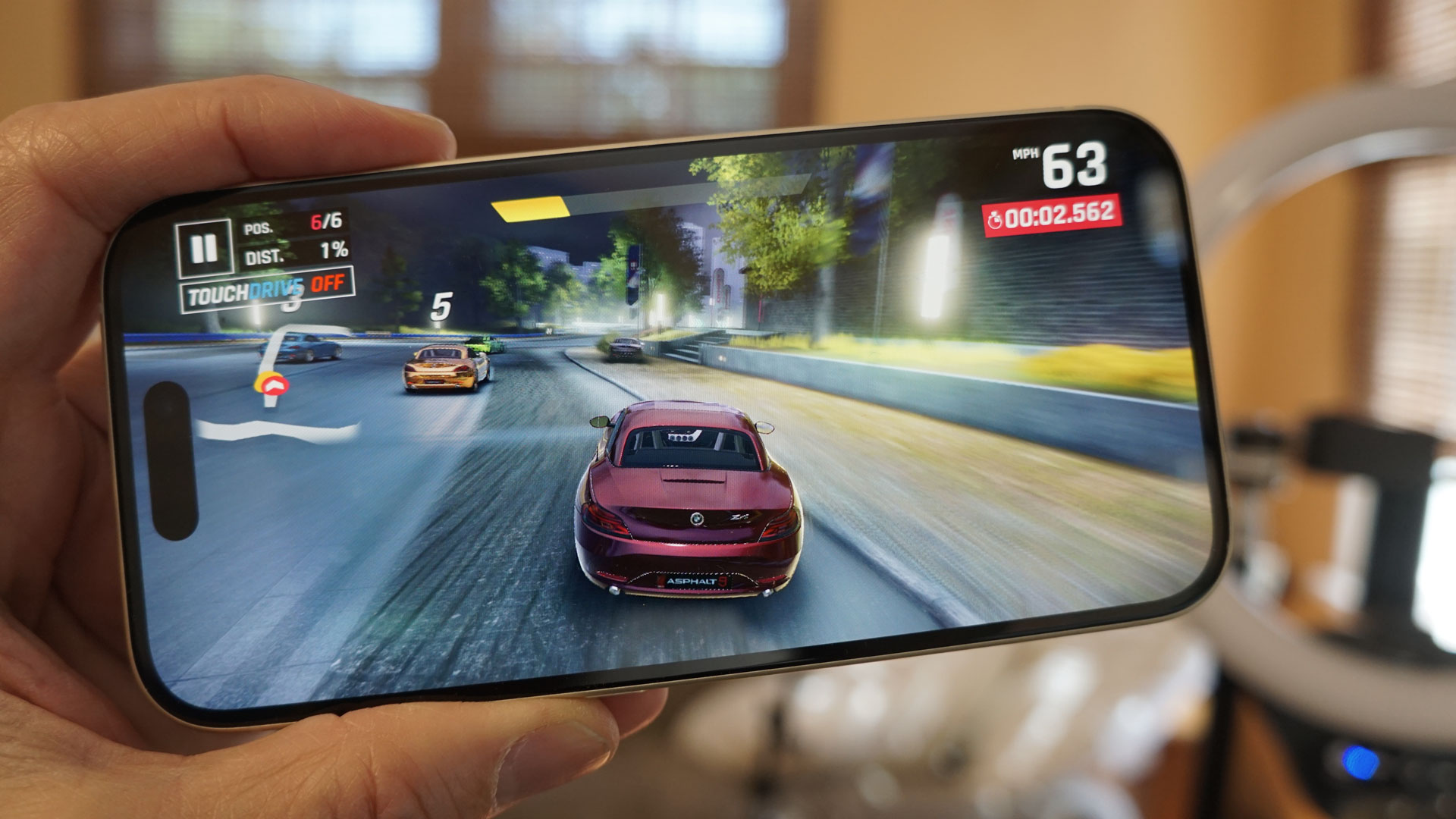
To get more granular, in our testing, the iPhone 15's A16 Bionic essentially matched the numbers of the same chipset found in the iPhone 14 Pro. The A16 Bionic also bests Qualcomm's Snapdragon 8 Gen 2, which is the chipset powering the Samsung Galaxy S23.
As for the Galaxy S24, this ships with Qualcomm’s brand new (and even more powerful) Snapdragon 8 Gen 3 chipset. Or at least, it does in the US. However models sold in Europe and most other places are fitted with Samsung’s own Exynos 2400 chips.
Though undeniably powerful, Samsung’s Exynos chipsets are known for being weaker than their Qualcomm counterparts, meaning those in affected regions may have to settle for a slightly less powerful version of the Galaxy S24.
In any case, the Samsung Galaxy S24 and iPhone 15 are both very powerful phones, though the Galaxy S24 has more RAM at 8GB, compared to the iPhone 15's 6GB.
Samsung Galaxy S24 vs iPhone 15: Battery life
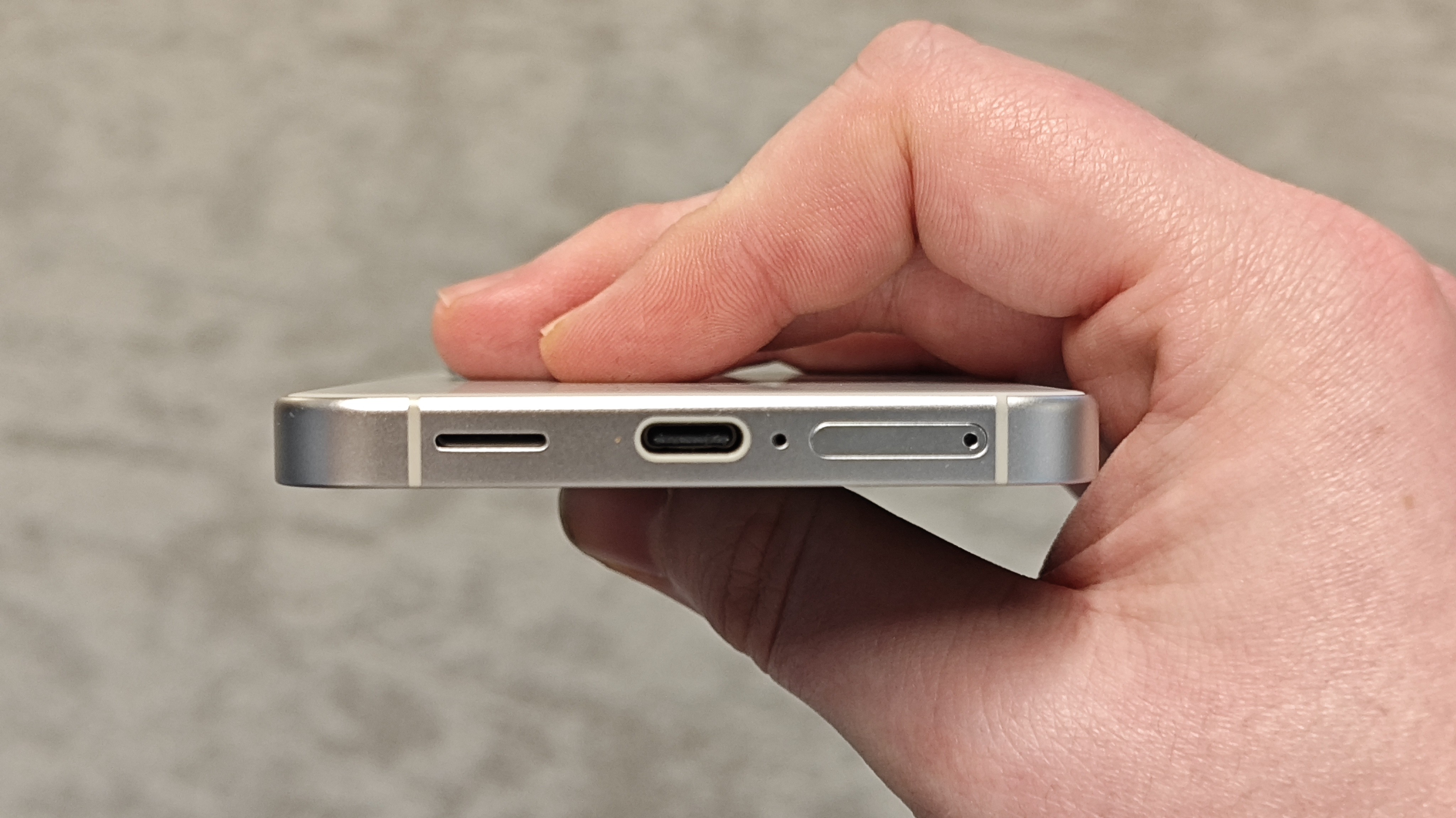
Apple never discloses the official battery capacities of its iPhones, but we’re pretty certain that the iPhone 15 is powered by a 3,349mAh cell. In testing, we found that the device lasted a full day when used casually (though 'full day' in this instance does not mean 24 hours – more like 15 hours).
On the charging front, you’re able to charge the iPhone 15 to 50% in 30 minutes (i.e. the same as the iPhone 14) when using wires, and the phone offers 15W wireless charging speeds.
For the Samsung Galaxy S24, there's a 4,000mAh battery along with 25W wired and 15W wireless charging. So Samsung wins for capacity, but that doesn't necessarily mean it will win for longevity.
In our review, we found that the Samsung Galaxy S24's battery lasts all day with normal use, while Samsung for its part claims it delivers up to 25 hours of life when web browsing, up to 29 hours of life for video playback, and up to 78 hours of life when listening to audio.
Samsung Galaxy S24 vs iPhone 15: Verdict
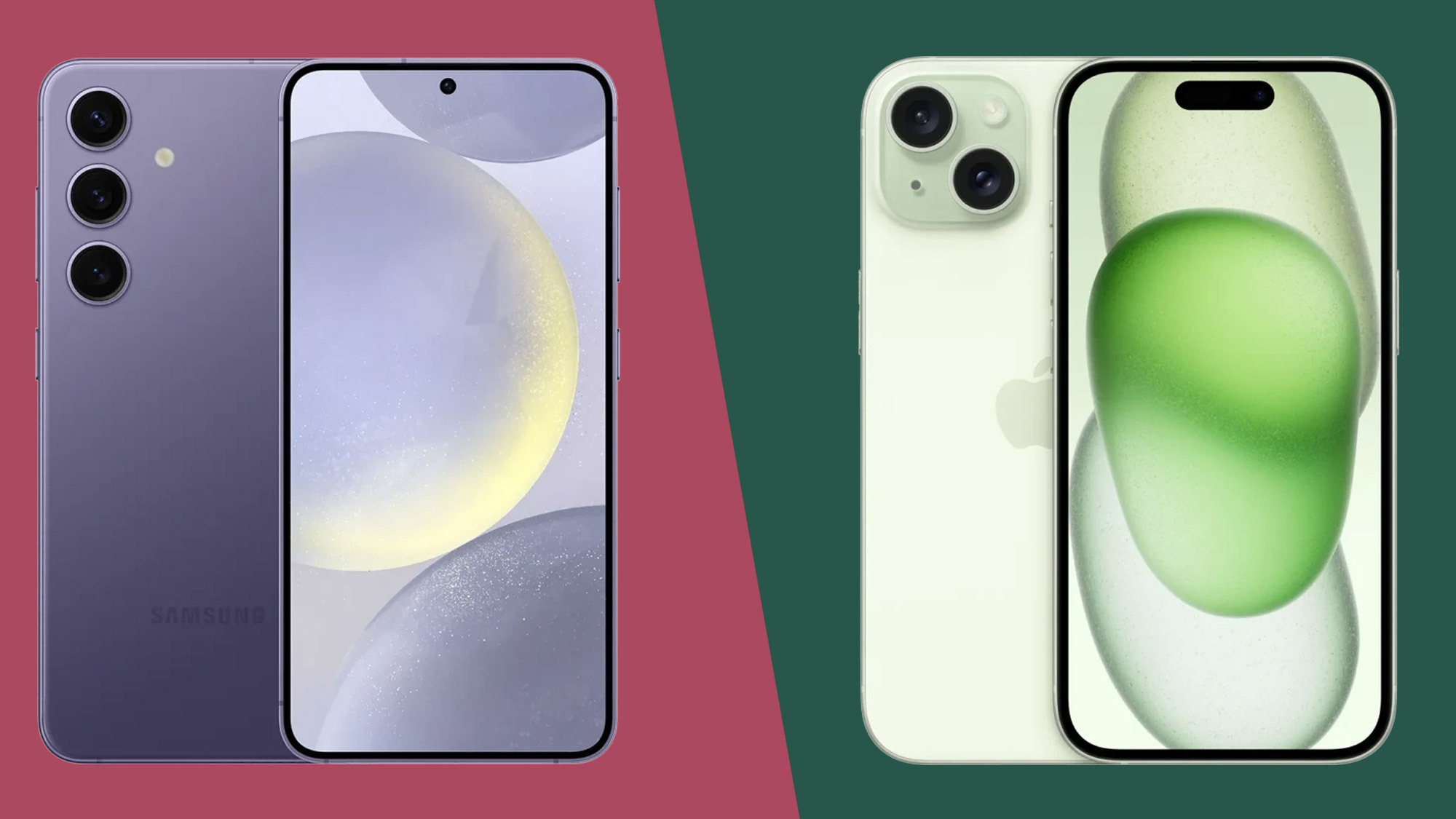
So, if you’re in the market for a new smartphone, should you go for the iPhone 15 or Samsung Galaxy S24?
Well, as usual, the biggest differentiator between these two phones is the software they run. If you’re already embedded in, or a fan of, Apple’s iOS operating system, then the iPhone 15 is the natural choice. Similarly, if you’re an Android loyalist, then the Galaxy S24 will almost certainly meet your expectations.
That said, we found the Samsung Galaxy S24's software disappointingly complicated relative to the simplicity of Apple's. Even compared to most other Android phones, the Galaxy S24's interface feels clunky.
But what if you’re brand agnostic, or someone who’s keen to change from one operating system to the other? Well, there are a few key differences between these two phones, but by and large, the iPhone 15 and Galaxy S24 are very similar smartphones.
The Galaxy S24 costs pretty much the same amount as the iPhone 15, and it looks fairly similar, too (at least, as Androids and iPhones go). Both phones are also comparable in speed and performance.
The Galaxy S24, however, benefits from a variable refresh rate (which the iPhone 15 doesn’t have), as well as slightly more versatile cameras (you get a whole telephoto lens with the Samsung phone).
The iPhone 15, on the other hand, benefits from a Dynamic Island, which is sure to appeal to some buyers.
Ultimately, then, it’ll be up to you to figure out what you're looking for in a smartphone, and what features you’re willing to compromise on (or forgo entirely).
You might also like
- Was the iPhone 15 worth the hype? Apple fans give their verdict
- Samsung Galaxy S24 Ultra: release date, price, specs, cameras, and more
- iPhone 16: release date speculation, latest leaks, and more
James is a freelance phones, tablets and wearables writer and sub-editor at TechRadar. He has a love for everything ‘smart’, from watches to lights, and can often be found arguing with AI assistants or drowning in the latest apps. James also contributes to 3G.co.uk, 4G.co.uk and 5G.co.uk and has written for T3, Digital Camera World, Clarity Media and others, with work on the web, in print and on TV.